‘Gdad’
‘Gdad’ is a memorial book that explores the complicated and often distorted relationship I had with my grandad. It was in his last few years I discovered he had different personas he would present to relatives, friends and strangers, depending on the individual. Towards the end of his life he lost control of these personas because of Alzheimer’s. He became unaware of what he was presenting to whom.
My project’s process was personal. It allowed me to confront the past and accept reality. My work displays a number of components taken from a forgotten family archive in a red suitcase. This includes an assortment of photographs and diaries written by my great-grandfather. The archival material is combined with images focused fundamentally on photomontage, my main practice as a photographer. The montaged flowers represent the loss my family and I suffered as a form of closure and new beginnings.
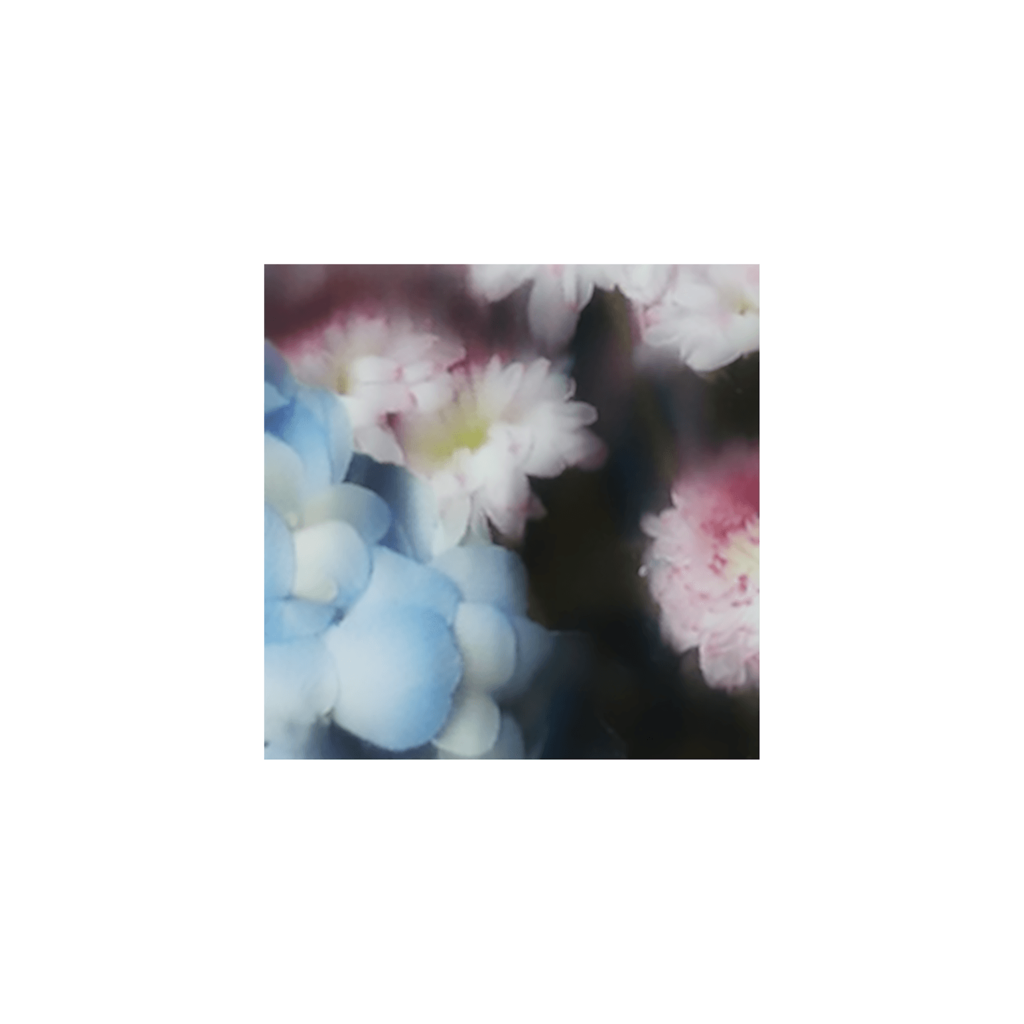
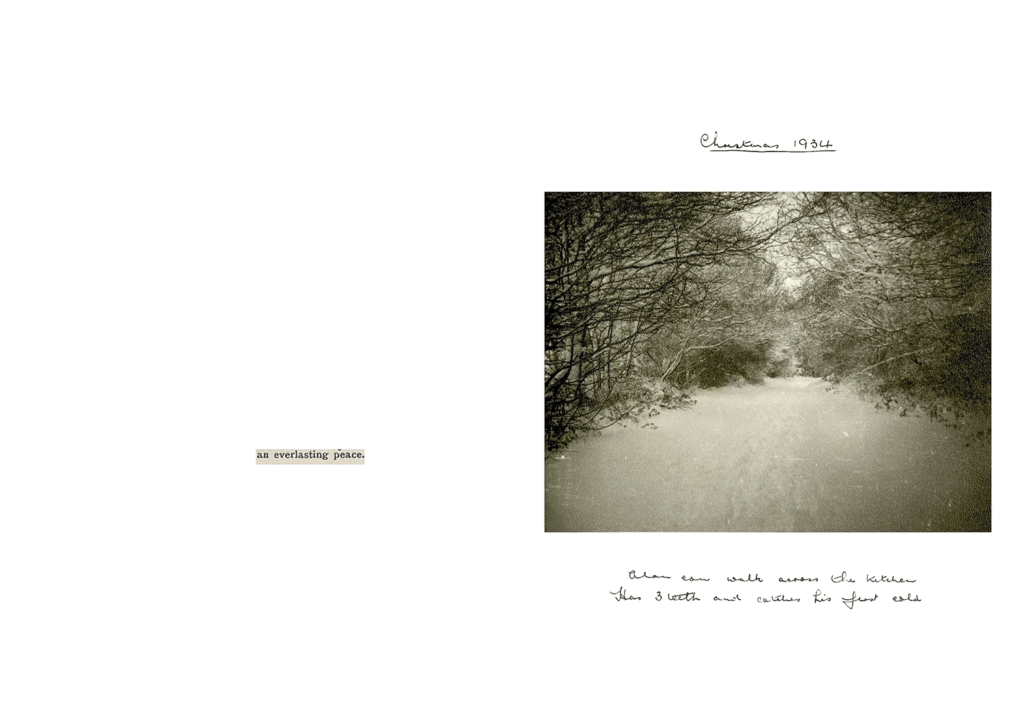
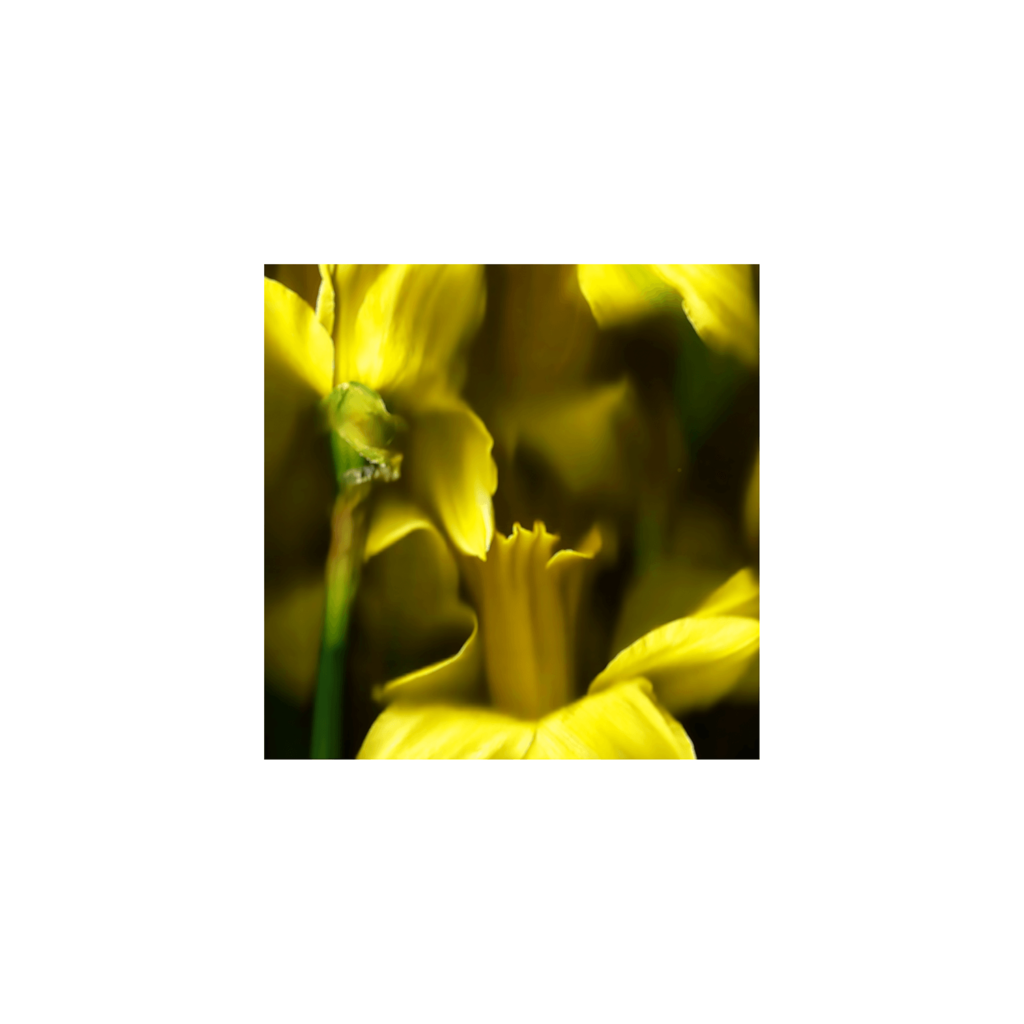
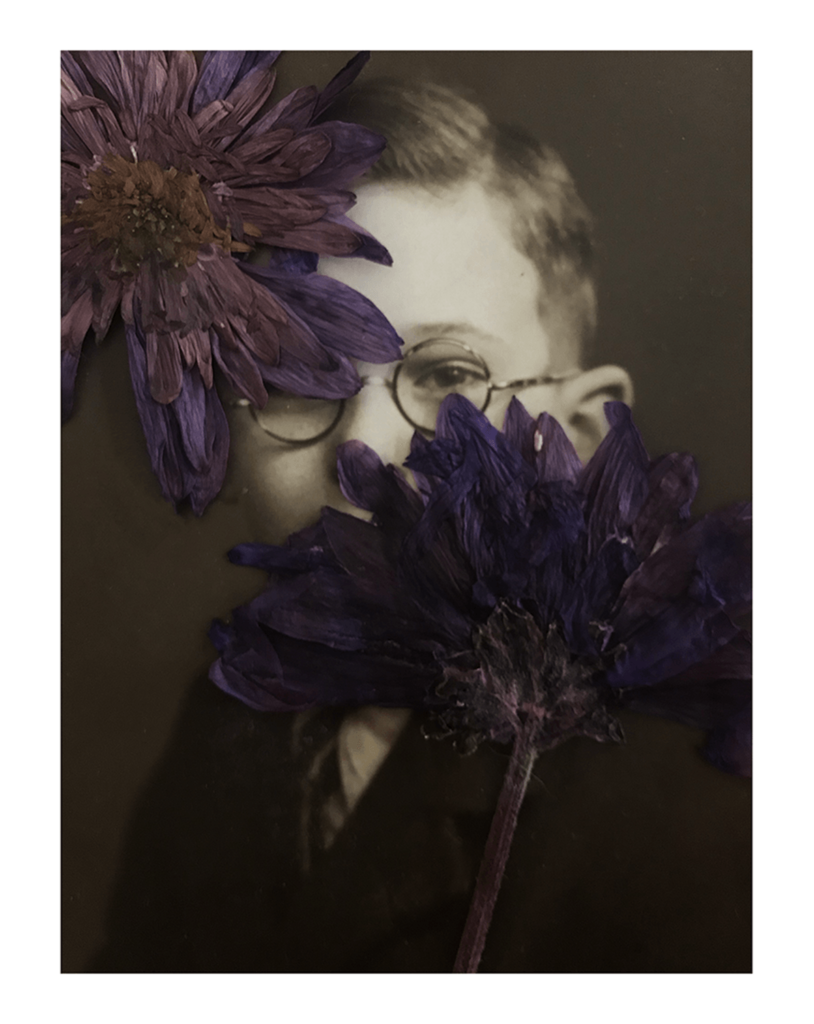
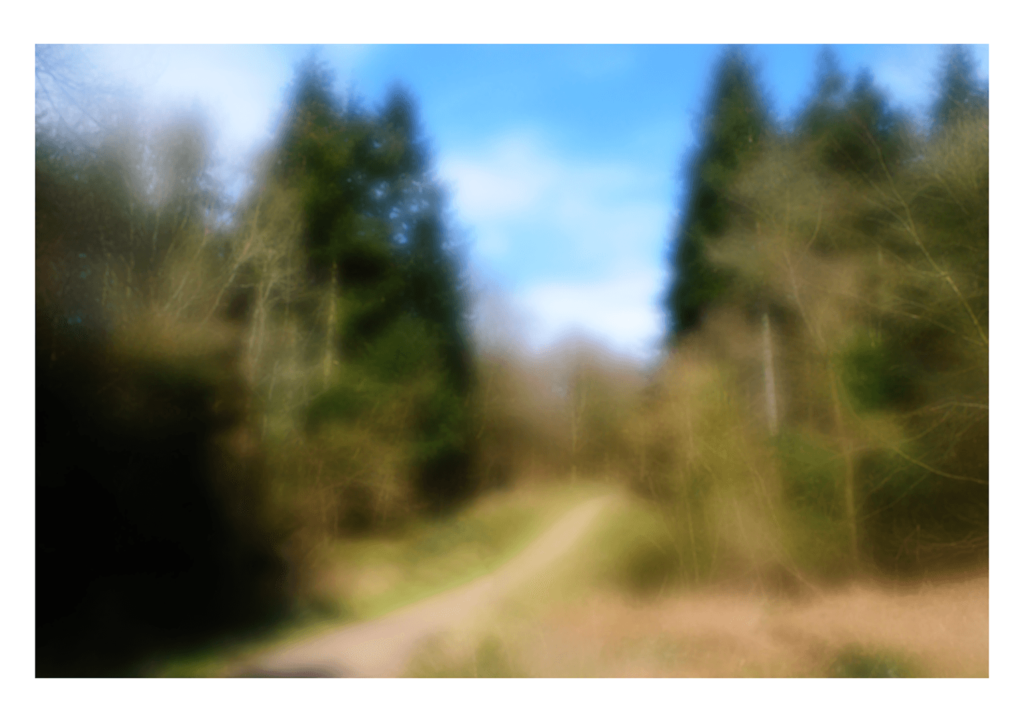
Alan Latham, my grandad, was a complicated man.
I will always love him unconditionally.
Several years ago in the summer, I lost the granddad I knew. He lived with my immediate family for comfort when he began to suffer the effects of Alzheimer’s disease. The house became silent. Not silent in noise, silent in spirit. The sound of his muffled radio talked into the night with the secrets of his past.
The disease took the granddad I recognised and forced him to relive what he once was. It unravelled the life my father had hidden from my sister and I. An aggressive and damaging man.
I ignored his existence. I could not believe he was the same man. I would not believe he was the same man. He was always so eager to teach us, help us pursue paths in life, comfort us and show how much he loved us. He was not the person revealed in those later years.
He moved into a care home a year later. Alzheimer’s had taken him under its wing.
I visited three times in three years.
He left behind the treasures of a red suitcase. A family archive. Diary entries from his father, Fred. Photographs of his face as a child. Postcards from his holidays.
It was another life I had not seen.
I do not want to remember the grandad I ignored.
I sit quietly on the wooden bench with white lion heads, casting the shadows away. I can smell the scent of old lingering cigarette smoke. It is a stale smell, but it is his stale smell. My grandad.
He sits beside me. He does not look like the man I last saw. He appears as the man I grew up with. Lean, tall, rough hands, long toenails, a cheeky smile with a brazened chesty cough.
The sun beats down on our faces. It was always sunny when he visited. He hid behind those yellow rays.
His garden was neat, potted plants sat as an audience. Pink. It was so pink. The birds visited, the insects, the frogs. His garden was his kingdom. The one place he could truly rule without hurting those around him.
He draws a cigarette away from his mouth. His gold wedding ring reflects the sunlight. His hands are wrinkled, old. He points a camera towards railway tracks ahead of us. The silence is filled by the scream of a steam locomotive.
The screaming stops, replaced by the distant drum of the man he became. Not the man I see before me, nor the man I last saw.
He had different personas. To me, he had three. He was the man he wanted me to see, the man he was before and the man he was at the end. But he forgot.
He smiles at the sun. A vacant smile. It reminded me of the man I last saw.
The man I last saw was not always vacant, he could remember. He remembered faces. He remembered echoes.
He became an echo.
He forgot about the man he was before. I could not. It was the man that he became.
I look at my grandad in front of me. I cannot fathom his life before and after. Such complication.
He faces me with that vacant smile. I can see in his eyes a man, not an empty reflection. But I do not think he is sorry. It slipped through his fingers and became too late. It was too late before he became the man I last saw. The man in front of me was the only redeeming persona he had.
He picks the cigarette back up to his mouth. He inhales deeply. That and his wheeze is all I can hear, everything has stopped.
I close my eyes. I feel regret and sadness. I was good to the grandad that sits before me but did not understand the man I last saw. I am glad the man in front of me did not see who I became. I challenged him when he was suffering and I shouldn’t have because he could not remember the man he was before. I did not know the man he was, but I let him ruin the closure he could have had in his final life.
I am sorry.
He rises from the bench, flinging his cigarette to the ground. The dying smoke wafts to our noses.
He stretches his arms out. I wrap mine around him, he the same to me. His warmth radiates with the sun. He is not fragile like the man I last saw.
He lets go of me and squeezes my hand.
“Cheerio” he says with a grin.